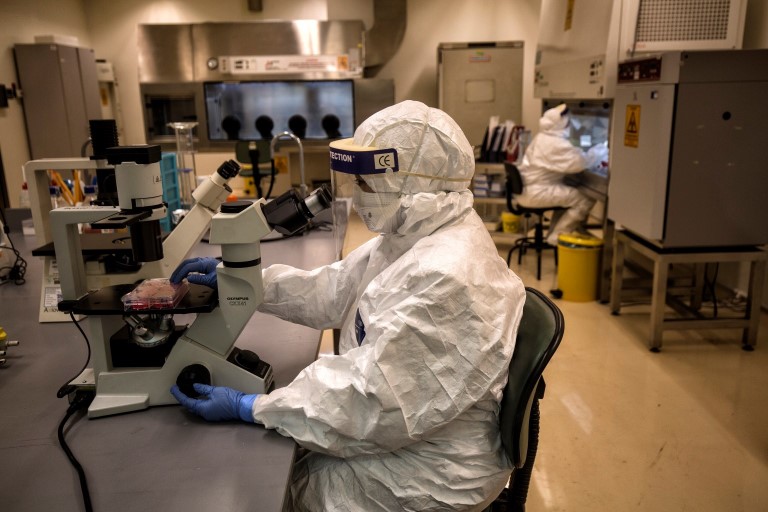KUALA LUMPUR, May 12— The high prices of existing drugs that could be proven to treat Covid-19 effectively might deter access for many sick people in the coronavirus pandemic.
A study from the Journal of Virus Eradication looked at nine potential Covid-19 treatments that are currently at different stages of clinical trials globally and found that these repurposed drugs, should they demonstrate efficacy against the coronavirus, could be manufactured profitably at very low costs, for much less than the current list prices.
A course of sofosbuvir, a medication by pharmaceutical company Gilead Sciences that is currently used to treat hepatitis C, costs around US$5 to make, but the current list price in the US is US$18,610, as cited by The Guardian.
“There has been a long history of big pharmaceutical companies charging unnecessary and unwarranted high prices for medications, even if they actually spent very little on research and development for that medication.
“That’s been extremely common with infectious disease medications in the past, like hepatitis and HIV, and we can’t let it happen with medications for Covid-19. Otherwise, hundreds of thousands of preventable deaths would occur and health care inequality amongst the poor will worsen,” said Dr Jacob Levi, one of the study’s authors, as cited by The Guardian.
In Malaysia, a full course of hepatitis C treatment with sofosbuvir reportedly cost up to RM300,000. The previous Barisan Nasional administration rejected Gilead’s voluntary licence offer for sofosbuvir and used a compulsory licence in 2017 instead to obtain a generic version of the hepatitis C drug without the drug maker’s consent.
Voluntary licences are an agreement between the originator and generic manufacturers that allows the production and sale of patented drugs in certain countries, subject to licensing terms.
Remdesivir, an antiviral drug originally developed by Gilead to combat Ebola and other related viruses, is one of the treatments being tested in the World Health Organization’s (WHO) global Solidarity Trial for Covid-19 that includes Malaysia among other countries.
This globally coordinated trial strives to determine the safety and effectiveness of four treatment protocols for coronavirus using different combinations of remdesivir, lopinavir/ritonavir, interferon beta, chloroquine and hydroxychloroquine.








